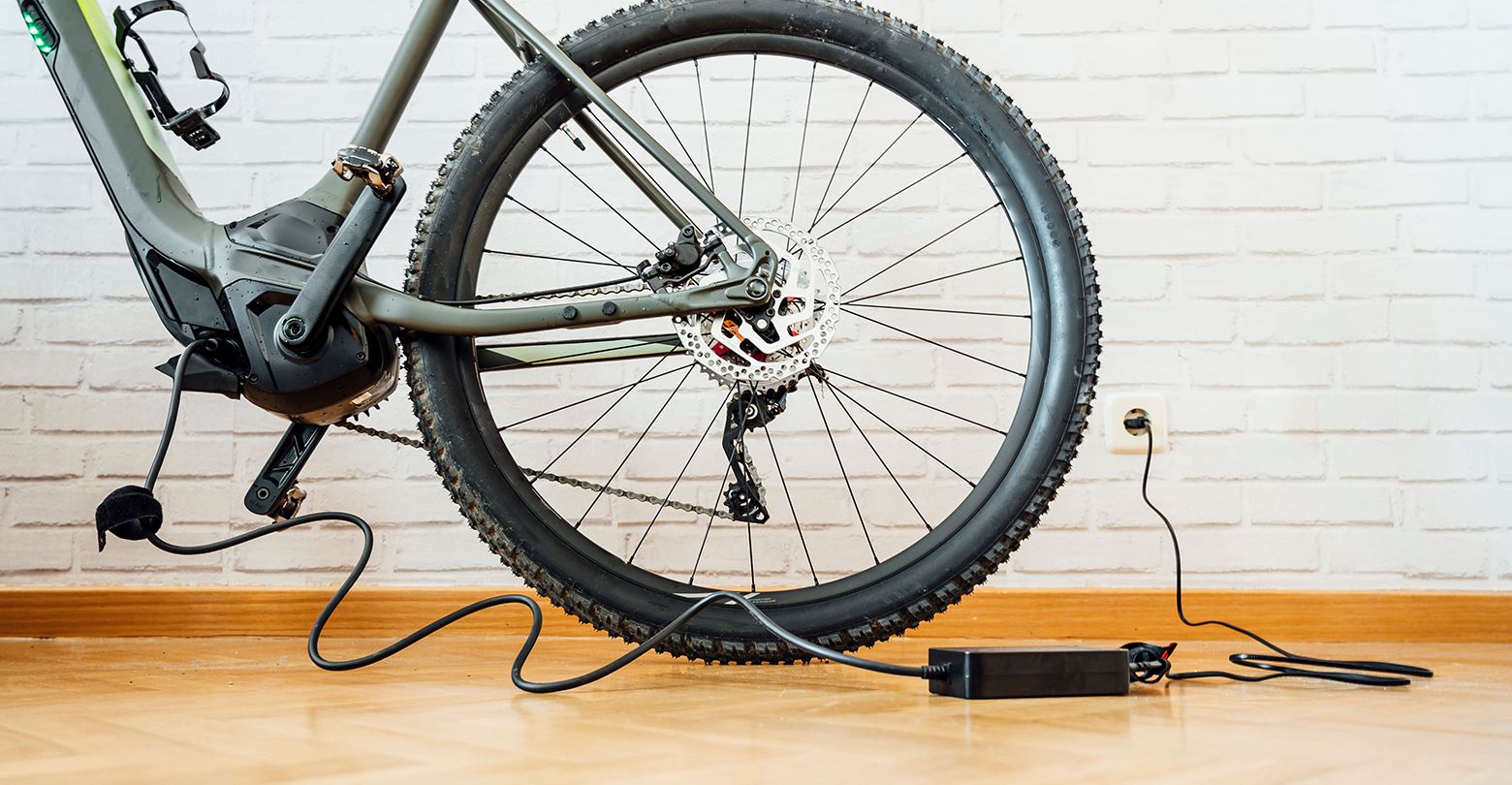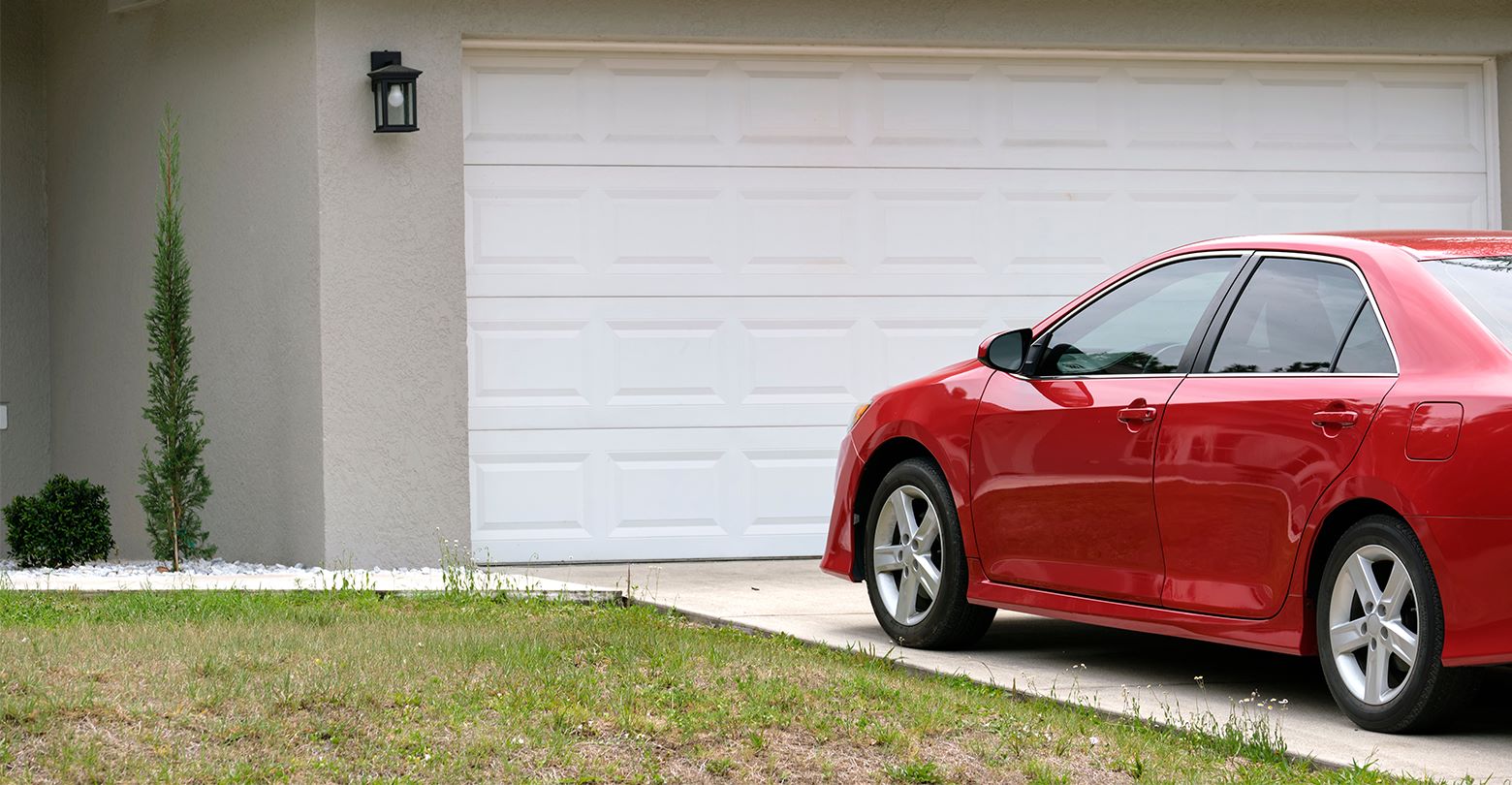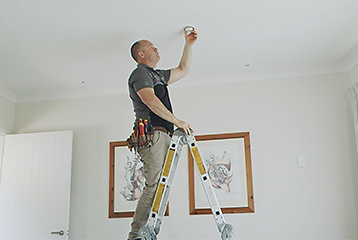Good home security is one of the best ways to stop unwanted intruders coming into your home and taking your hard-earned belongings. Check out these tips on how to protect your home from theft.
This may seem like we’re stating the obvious, but people often forget to check that all the windows and doors are closed and locked when they go out. This rule doesn’t just apply to when you leave the house; if you’re gardening out the back, having a nap or engaged in an activity involving a lot of focus, it’s smart to keep your home secure so that opportunistic thieves don’t take advantage of the situation.
Also remember to lock your garage and any garden sheds while you aren’t using them - not just to protect any valuables you might have stored, but because they often house tools that thieves can use to break into your home.
Store your house keys and car keys in a place that’s out of sight – not a hook rack on the wall or a hall table close to the access points of your house. It’s a good idea to keep your house and car keys on separate keychains with no personal details on them, especially for when you get your car serviced or washed.
Keep any trees and shrubs in your garden neatly trimmed - an unruly, overgrown back yard can be a good hiding spot for unsavoury characters scoping out your home. Motion-sensor lights are a great deterrent at night, as they detect movement and flood the area with light.
House locks should be high quality. Penny-pinching here could really come back to bite you!
By investing in sturdy, well-engineered locks for your doors and windows, you’re looking after the security of your family and possessions. Quality locks are more robust and usually made of high-grade steel with fewer plastic components than cheaper options. As technology has developed, keyless Smart Locks are gaining in popularity and can be linked to your phone and alarm if you have one installed.
When getting locks installed, always use a reputable locksmith. And don’t be tempted to hide a spare key under the doormat, pot plant or any other obvious place; burglars always know where to look.
While they can’t stop an intruder from entering your home, alarm systems can be an effective deterrent. You can choose to self-monitor or you can have a monitoring company manage the system. Do your research and ask around for a reliable company. If you get a representative from a security company to inspect your home, ask to see their current Security Technician or Security Consultant Licence or Certificate of Approval. If they don’t have a licence, this is a red flag - find an alternative company. Having the right sort of licence is a legal requirement for security companies under the Private Security Personnel and Private Investigators Act 2010.
While it's exciting to have plans for a trip away, try to avoid posting too much about it online. Advertising that your house will be vacant for a certain amount of time could reach the wrong people and put a target on your home.
A couple of days before you depart, leave contact details with a trusted neighbour. Also ask them to keep an eye on your house, clear your letterbox and occasionally park in your driveway to make it look like someone’s home.
It’s not just what’s in your home that thieves can be eyeing up; your car, boat, bikes and caravan can also be targets. As well as always ensuring your car is locked, there are a variety of options available for car security, including alarms, steering wheel locks, fuel cap locks, wheel lock nuts and more. Also make sure there are no valuables in your car, or at least none visible. Remember: Out of sight, out of mind.
For bicycles, use a strong chain and lock or purpose-built bike security device. Even when your bike is kept in a shed or garage, make sure it’s locked. When you get back from a ride, avoid leaving your bike propped up on the front porch. Lock it away. Also keep a record of your bike’s frame number, to help police if it’s ever stolen.
Look for a strong lock and chain for your motorbike too, and don’t forget to lock up your helmet if you keep it with the bike. There are also ignition locks and plenty of anti-theft devices available for motorbikes.
If you have a boat or caravan, try to store these out of sight and use a security-rated padlock and a wheel or tow ball lock. Keep any keys in the house, not outside in the garage or a ‘hidden’ location.
If burglars are successful at helping themselves to your belongings, you’ll need to notify the police and your insurance company. Burglars often steal items that are valuable and easy to remove, so take photos or videos of your jewellery, artwork and other precious items. Also, keep relevant receipts, warranties, valuations and serial numbers in a safe place. When it comes to claiming insurance, you’ll need proof that you owned any items that were stolen.
By etching identification numbers on your vehicles, boats and such, you can make it hard for a burglar to on-sell stolen items because they are easily identifiable. After having identifying numbers engraved on your valuables, you can get a warning sticker from Neighbourhood Support to put on your windows and front door. This warning can deter potential burglars from bothering with your home.
The safest place to store cash is at the bank, not under the mattress or in a shoebox. If cash is stolen, there’s no getting it back. Also make sure you don’t have your PIN written down anywhere near your credit and EFTPOS cards. If your wallet is stolen or lost, call your bank immediately to cancel your cards.
Phones are commonly stolen too, however there are apps available that can help you to track the location of your phone if it does a runner. Note down the model of your phone as well; this is helpful information when you report a theft.


